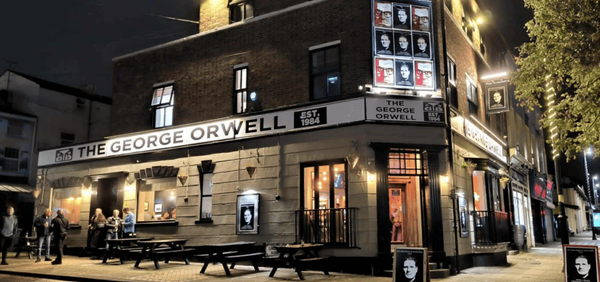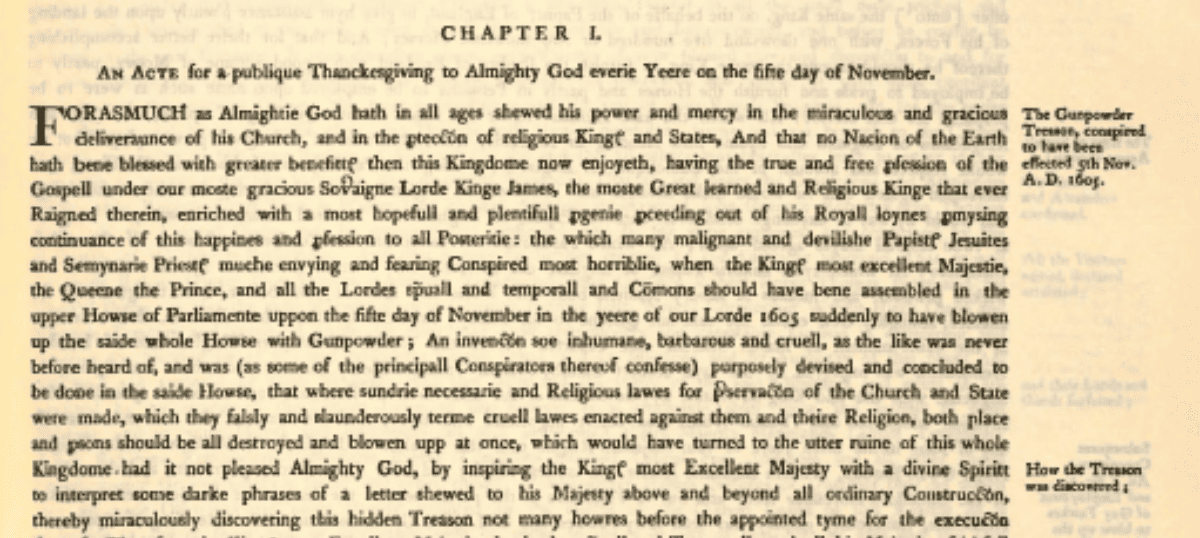In Search of Lost English Charm
England's charm—its idiosyncratic beauty, duty, and dignity—has been replaced by ugliness, atrophy, and alienation. British Restorationism calls for rebirth through overt Englishness: rebuilding with limestone and oak, restoring manners and community, creating anew from ancient threads.






